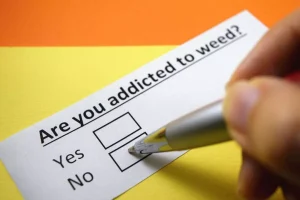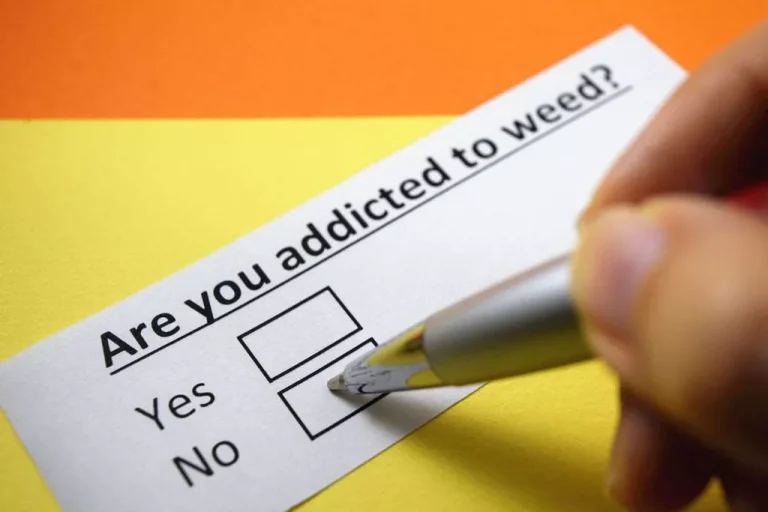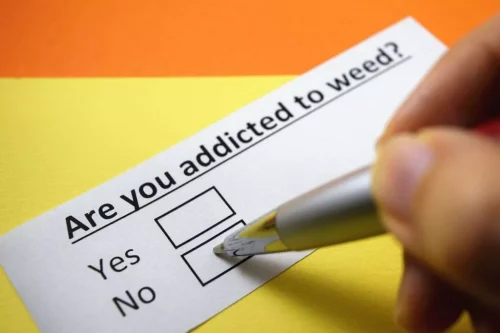Does alcohol increase blood pressure? Heart Research Institute

The aim of Fazio 2004 was to determine the effects of alcohol on blood flow volume and velocity. Study authors mentioned only that acute ethanol administration caused a transitory increase in BP at 20 minutes. Karatzi 2013Maufrais 2017 and Van De Borne 1997 measured blood pressure before and after treatment but did not report these measurements. This systematic review provides us with a better understanding of the time‐course of alcohol’s acute effects on blood pressure and heart rate. This review included only short‐term randomised controlled trials (RCTs) investigating the effects of alcohol on blood pressure and heart rate. Acute alcohol consumption mimics the pattern of social drinking, and evidence indicates that even one glass of an alcoholic drink can increase heart rate.
Mechanisms Related to Alcohol’s Positive and Adverse Effects on CV Conditions

Because the reasons behind withdrawal were not mentioned in this study, we considered this study to have high risk of bias. We classified six studies as having low risk of performance bias (Dai 2002; Narkiewicz 2000; Nishiwaki 2017; Potter 1986; Rosito 1999; Van De Borne 1997). In this study, all test drinks were poured into paper cups to achieve blinding of participants. We contacted the author of Rosito 1999 to request additional information regarding the method of blinding used. The study author explained the blinding method in detail in an email, so we classified this study as having low risk of bias.

Search methods for identification of studies
High blood pressure due to alcohol use can be reversible by reducing your intake and following your treatment plan. However, long-term or severe hypertension can have other complications that may last for longer. However, even people who do not drink regularly have a risk of experiencing negative effects from alcohol. Discuss your alcohol intake with your healthcare provider and make lifestyle changes as recommended.
Other risks of alcohol use
According to a 2018 study and the World Health Organization, no amount of alcohol intake is safe, so any amount may be considered too much. Red wine contains an antioxidant called resveratrol, which some studies have shown reduces cholesterol and lowers blood pressure. For the planned subgroup analysis based on sex, no studies reported male and female participant data separately. Therefore, we were unable to perform a subgroup analysis https://ecosoberhouse.com/ based on the sex of participants.
Researchers think that the alcohol in the wine weakens any antioxidant benefit to blood pressure. Data from transgenic animal models and pharmacologic approaches strongly support a role for ethanol-induced oxidative stress in CV disease. In addition, there was no evidence of nitrative damage in mice bred to disrupt (i.e., knock out) the gene for angiotensin I receptor (AT1-KO) that had been given ethanol for a similar length of time (Tan et al. 2012).

- Your drink or mixer may also have added sugars, increasing the number of calories it contains.
- Each study had to meet strict eligibility criteria, allowing researchers to focus on participants with no previous history of cardiovascular disease.
- Moderate‐certainty evidence indicates an increase in heart rate after 7 to 12 hours and ≥ 13 hours after high‐dose alcohol consumption, low certainty of evidence was found for moderate dose of alcohol consumption.
- Studies also have examined the “safety” of alcoholic beverage consumption in subjects with heart failure.
- Connect with us on heart.org, Facebook, Twitter or by calling AHA-USA1.
Research shows that the polyphenols improve the cells lining the blood vessels, and do improve blood flow and heart health. The jury is still out, though, on whether this could potentially improve high blood pressure in severe cases. Several reports indicate that alcohol first exerts a seemingly positive effect, followed by a more negative impact (i.e., it is biphasic) on the endothelial–nitric oxide–generating system. Endothelial dysfunction is an early indicator of blood vessel damage and atherosclerosis, as well as a strong prognostic factor for future CV events (Deanfield et al. 2007; Ras et al. 2013). Low-to-moderate levels of alcohol consumption may initially improve endothelial function, whereas high daily levels and binge drinking may impair it. For example, alcohol consumption typically has been measured through self-report.

How Does Alcohol Affect High Blood Pressure?
The aim of Fazio 2004 was to determine effects of alcohol on blood flow volume and velocity. Study authors mentioned that acute ethanol administration caused transitory increase in BP at 20 minutes. Rossinen 1997 measured blood pressure but selectively reported only SBP instead of reporting both SBP and DBP. Karatzi 2013Maufrais 2017 and Van De Borne 1997 measured blood pressure before and after treatment but did not report these measurements. The dose of alcohol had to be reported by study authors for inclusion in the systematic review.
- Furthermore, we visually inspected the forest plot to check whether there were any non‐overlapping confidence intervals indicating heterogeneity.
- This review aimed to quantify the acute effects of different doses of alcohol over time on blood pressure and heart rate in an adult population.
- You can have this done at your GP surgery, some local pharmacies, at your NHS Health Check or you can buy a reliable blood pressure monitor from the pharmacist.
- Moreover, none of the studies reported male and female data separately.
- American Addiction Centers offers multiple treatment centers throughout the U.S., providing everything from alcohol detox and inpatient treatment to outpatient care, telehealth treatment, and aftercare.
- Various studies with animals and humans indicate that ethanol can increase the development of reactive oxygen species (ROS), leading to increases in redox-signaling pathways and decreases in protective antioxidant levels.
However, we noted the lack of description of randomisation and allocation concealment methods in most of the included studies as a reason for downgrading because of the possibility of selection bias. For low doses of alcohol, we found low‐certainty evidence suggesting that SBP, DBP, and MAP fall within the first six hours after alcohol consumption. High‐dose alcohol consumption increased HR by approximately 6 bpm in participants, and the effect lasted up to 12 hours.
- The blood alcohol concentration (BAC) rises faster in women because they have a smaller volume of distribution (Kwo 1998).
- In some cases, moderate to high levels of alcohol may cause blood pressure to rise.
- Alcohol can affect blood pressure through a variety of possible mechanisms.
Summary of findings 3. Effect of low‐dose alcohol compared to placebo.
- However, current recommendations like those from the Centers for Disease Control and Prevention (CDC) focus on limiting alcohol to one drink a day for women and two drinks a day for men.
- If you’re overweight or have obesity, losing even a small amount of weight can help lower blood pressure.
- Alcohol also causes damage to the liver over time, especially if you drink too much.
The I² statistic was used to interpret the level of heterogeneity (Higgins 2011). For the how does alcohol affect high blood pressure purposes of this review, if I² was greater than 50%, it was considered to show a substantial level of heterogeneity. Furthermore, we visually inspected the forest plot to check whether there were any non‐overlapping confidence intervals indicating heterogeneity. Last, we attempted to explore the reason for heterogeneity by looking for clinical and methodological differences between trials. Knowing what counts as one standard drink can help you figure out how much alcohol you drink and whether it would be considered excessive. Medications such as statins that act directly on the liver can cause further damage when combined with alcohol.
It also can lower the risk of heart disease and improve overall health, possibly leading to a longer life. Limiting alcohol to less than one drink a day for women or two drinks a day for men can help lower blood pressure by about 4 mm Hg. One drink equals 12 fluid ounces of beer, 5 ounces of wine or 1.5 ounces of 80-proof liquor. By making these 10 lifestyle changes, you can lower your blood pressure and reduce your risk of heart disease.
